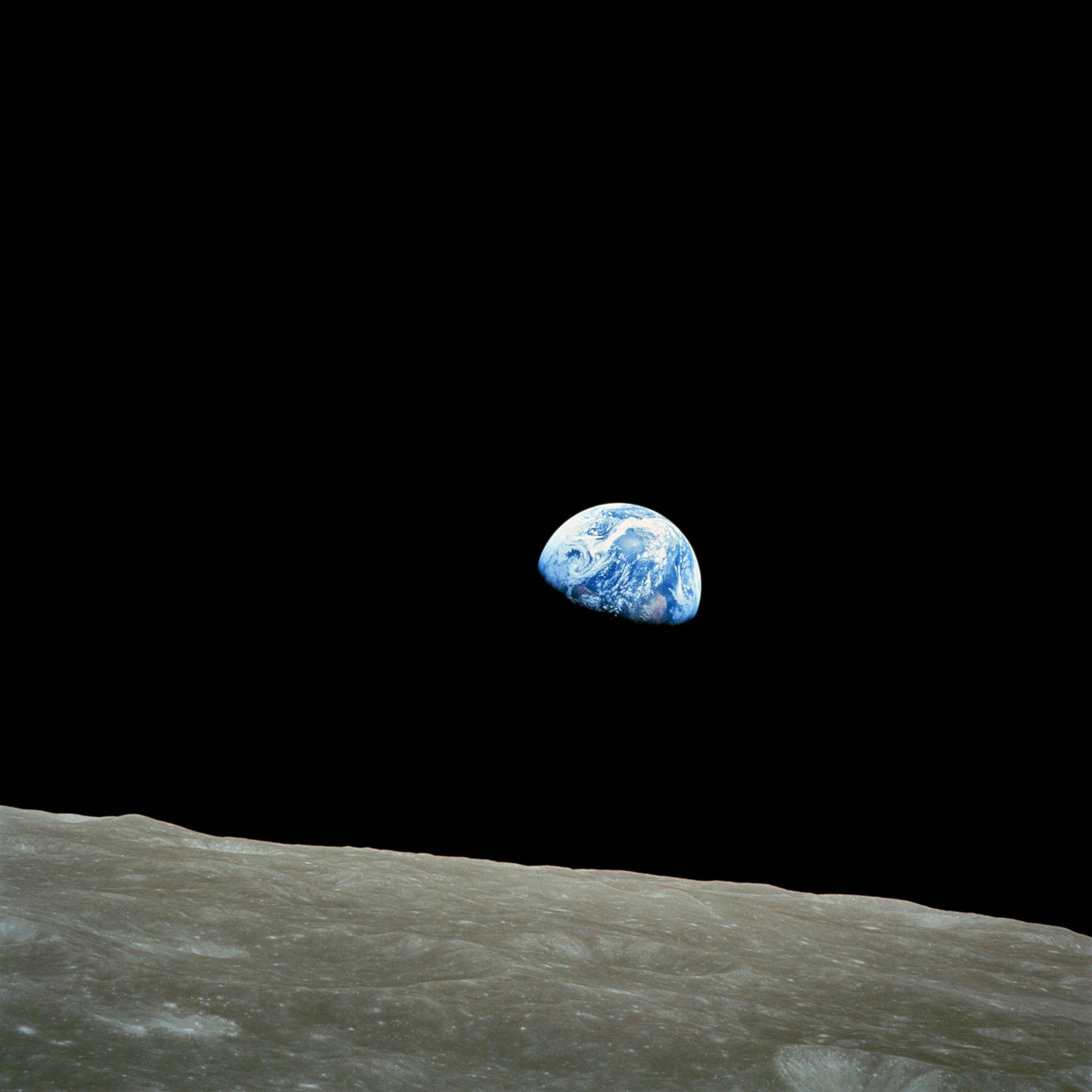Legal Challenges in Space Exploration: A New Frontier
Introduction: As humanity ventures further into the cosmos, the legal landscape of space exploration is evolving rapidly. This article delves into the complex web of laws and regulations governing activities beyond Earth's atmosphere, exploring the challenges and opportunities that arise as we push the boundaries of human presence in space.

Property Rights in Space: A Legal Gray Area
One of the most contentious issues in space law is the question of property rights. While the Outer Space Treaty prohibits national appropriation of celestial bodies, it remains unclear how this applies to private entities. The emergence of asteroid mining companies and plans for lunar bases has intensified discussions about resource extraction and ownership in space. Some nations, like the United States, have passed domestic legislation to encourage commercial space activities, potentially conflicting with international agreements.
Liability and Space Debris: A Growing Concern
As the number of satellites and space missions increases, so does the risk of collisions and the proliferation of space debris. The 1972 Liability Convention addresses damage caused by space objects, but its application to modern scenarios, such as satellite constellations or commercial space stations, remains untested. Legal experts are grappling with questions of fault, jurisdiction, and enforcement in an environment where traditional notions of borders and sovereignty do not apply.
Intellectual Property in Space: Protecting Innovation
The unique environment of space presents novel challenges for intellectual property law. Patents filed on Earth may not be enforceable in space, and the concept of national jurisdiction becomes blurred when inventions are created on international space stations or during interplanetary missions. Some countries are exploring the idea of space-specific patent regimes, while others advocate for international agreements to harmonize IP protection beyond Earth’s orbit.
Environmental Protection of Celestial Bodies
As plans for lunar and Martian missions advance, the need for environmental protection of celestial bodies has gained attention. The concept of planetary protection, aimed at preventing biological contamination of other worlds, raises legal and ethical questions. How can we balance scientific exploration and potential colonization with the preservation of extraterrestrial environments? Current international guidelines are non-binding, leading to calls for more robust legal frameworks to govern human impact on other planets and moons.
The Role of Private Actors in Space Governance
The increasing involvement of private companies in space activities is reshaping the legal landscape. Traditional space law primarily addressed state actors, but the rise of commercial space flight, satellite services, and plans for private space stations necessitate new legal approaches. Questions of licensing, regulation, and the delegation of state responsibilities to private entities are at the forefront of legal discussions, challenging the traditional state-centric model of space governance.
Dispute Resolution in Space: A New Legal Frontier
As space activities become more complex and involve multiple parties from different nations, the need for effective dispute resolution mechanisms becomes crucial. Existing international courts and arbitration bodies may struggle with the unique aspects of space-related disputes. Legal scholars are exploring the possibility of specialized space courts or arbitration panels to address conflicts arising from space activities, taking into account the technical and scientific complexities involved.
In conclusion, the legal challenges in space exploration represent a fascinating intersection of international law, technological innovation, and human ambition. As we continue to push the boundaries of our presence in space, the legal framework governing these activities must evolve to ensure responsible, equitable, and sustainable development beyond Earth. The coming decades will likely see significant developments in space law, shaping the future of humanity’s cosmic endeavors.





